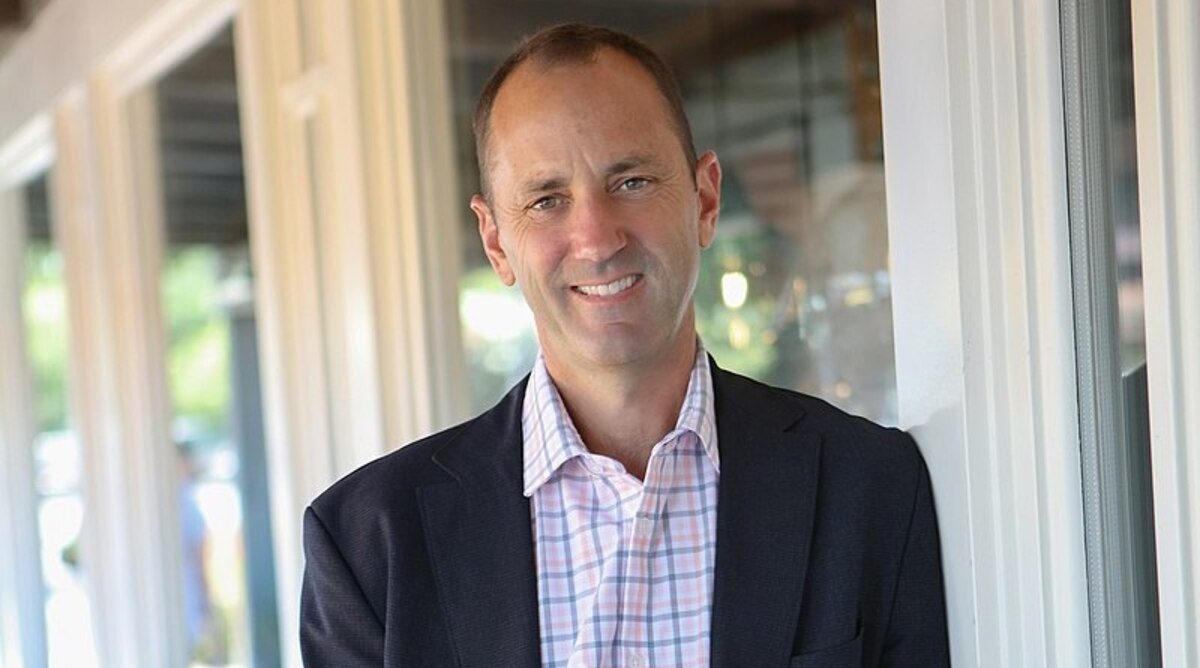David Estrada is a pioneering figure at the intersection of technology, law, and policy, especially renowned for his contributions to the field of autonomous vehicles and emerging tech sectors. Born on March 28, 1968, in California, Estrada’s journey in the tech world is distinguished by his education and career milestones. He is an alumnus of the University of California, Santa Barbara, and holds a Juris Doctor from the UC Berkeley School of Law, class of 1993.
Estrada’s career trajectory is marked by significant roles across high-profile companies, notably serving as the second attorney at YouTube in 2006. His efforts were instrumental in integrating YouTube with Apple, marking a pivotal moment in digital media consumption. At Google X, he led the development of the first state-level autonomous vehicle regulations in Nevada, Florida, and California, shaping the future of autonomous transportation.
In 2019, Estrada took on the role of Chief Legal and Policy Officer at Nuro Inc., where he championed the cause for autonomous delivery vehicles, emphasizing the need for innovative safety and design standards. His tenure at Lyft and his involvement in launching Kitty Hawk Corporation’s Flyer, a one-person VTOL aircraft, further illustrate his commitment to revolutionizing transportation.
Beyond his professional achievements, Estrada is deeply invested in philanthropy, contributing significantly to the Berkeley Law Opportunity Scholarship Program. His personal interests include mountain biking and traveling, especially to Spanish-speaking countries, reflecting his broad worldview and commitment to making a positive societal impact. David Estrada’s journey from Vallejo to the forefront of the tech industry embodies a blend of expertise, vision, and dedication to leveraging technology for societal benefit.
How did you get started in this business?
My journey began after graduating from UC Berkeley School of Law, where I was deeply interested in technology and the law. My role as the second attorney at YouTube was a pivotal step, blending legal expertise with emerging digital platforms. Working at Google X and leading initiatives for autonomous vehicle legislation further solidified my path in tech and legal affairs. Each position offered unique challenges and learning opportunities that guided me toward roles that could impact the future of transportation and technology.
How did you work your way up in this business?
My career progression was a blend of seizing opportunities and continuous learning. From an early role at YouTube, navigating the intricacies of digital content law, to spearheading autonomous vehicle legislation at Google X, each position offered a unique challenge. My work at Lyft and later at Nuro Inc. as Chief Legal and Policy Officer involved not just legal expertise but also strategic policy development, underscoring the importance of adaptability and forward-thinking in climbing the professional ladder.
What made you want to work in this industry?
The potential of technology to radically transform everyday life and address complex societal issues has always fascinated me. The intersection of law, policy, and emerging technologies—particularly in autonomous vehicles and AI—presented an unprecedented opportunity to contribute to shaping a future where innovation and safety coexist harmoniously. My passion for contributing to meaningful change and solving real-world problems was the driving force.
What is it that you feel makes you good at your job?
My ability to navigate complex legal and regulatory landscapes, coupled with a deep understanding of technology, has been crucial. I believe my analytical skills, combined with a forward-thinking approach and ability to communicate complex ideas effectively, have allowed me to foster innovation while ensuring compliance and safety.
What are the perks of working in this type of business?
The tech industry, especially at the cutting edge of autonomous vehicles and AI, is dynamic and rapidly evolving. This environment offers the unique perk of being at the forefront of societal change—developing solutions that have the potential to transform lives. Moreover, the opportunity to work with some of the brightest minds in technology and law is incredibly enriching.
What are the disadvantages of working in this field?
The pace of innovation often outstrips regulatory frameworks, leading to a challenging environment where legal and policy work must continually adapt. This can mean long hours and the pressure of navigating uncharted legal territory, alongside the responsibility of ensuring public safety and trust in new technologies.
What’s the most rewarding part of your work?
Seeing the tangible impact of my work—whether it’s in shaping laws that pave the way for autonomous vehicles, contributing to the development of safer, more efficient transportation solutions, or simply knowing that my efforts are part of a larger movement towards sustainability and innovation—is deeply rewarding.
Where is your industry headed? What excites you about the future of this line of work?
The future is leaning towards a more interconnected, sustainable world where technology serves to enhance quality of life and environmental stewardship. The advancements in autonomous vehicles and AI excite me, especially their potential to address critical issues like safety, efficiency, and the global carbon footprint. The next wave of innovation promises even greater integration of AI into daily life, making our cities smarter and more responsive to our needs.
What advice do you give people who want to get into your field of work?
Stay curious and always be learning. The fields of technology and law are constantly evolving, so a commitment to continuous education and adaptability is key. Seek out interdisciplinary experiences that allow you to understand both the technical and legal aspects of new technologies. And don’t shy away from challenges—they’re often the best learning opportunities.
Are you willing to be a mentor? If so, how should someone contact you?
I am open to mentoring aspiring professionals interested in the intersection of technology, law, and policy. While I can’t directly provide contact details here, reaching out through professional networking platforms or industry events where I am speaking or participating would be effective ways to connect.

